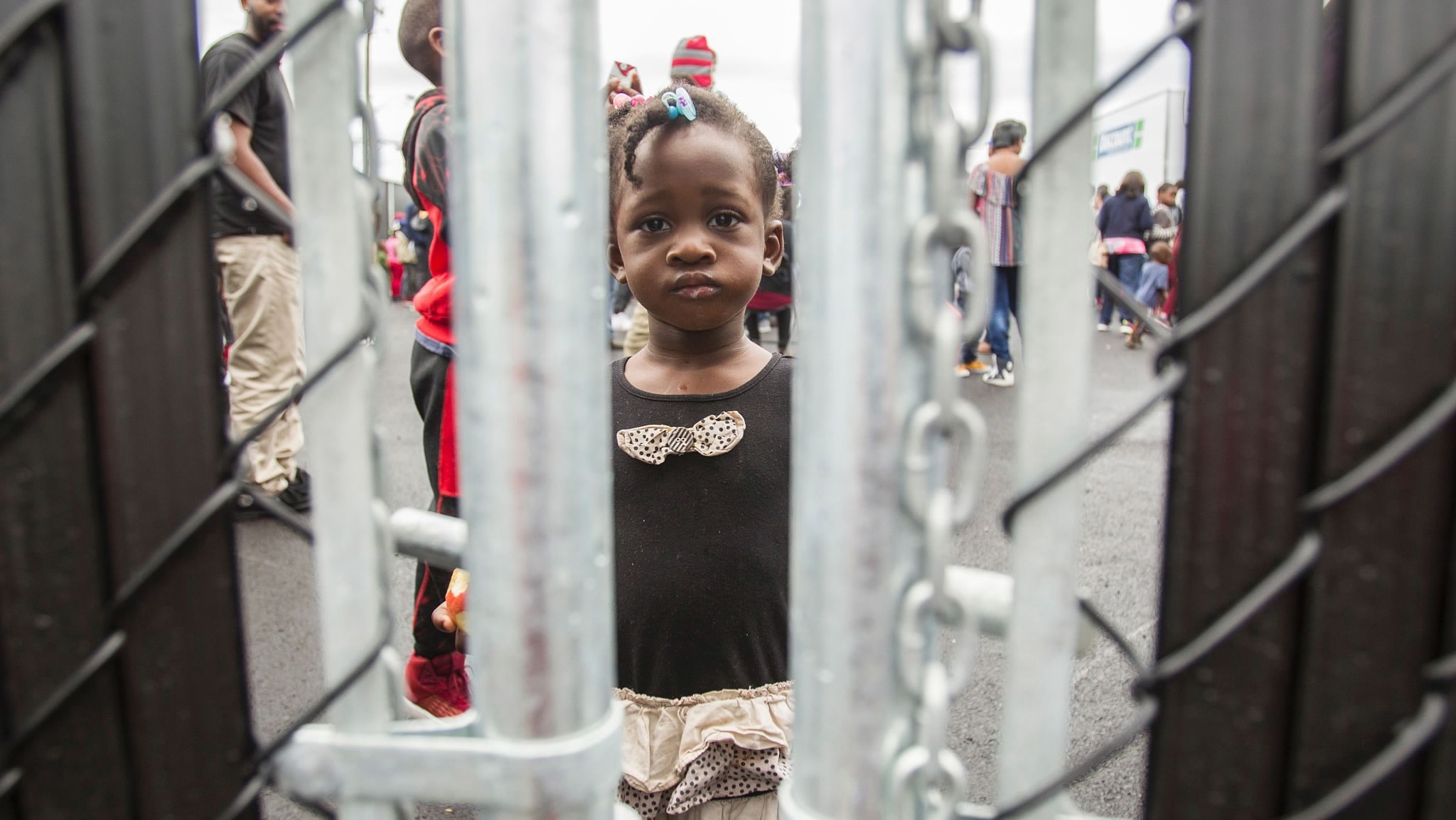
World
16:27, 17-Apr-2018
Behind the numbers: Haitians made up a third of Canada’s referred asylum claims in 2017
Xuyen N.

Changes in US immigration policy are likely impacting its northern neighbor, as Canada saw more than 50,000 asylum claims in 2017, more than double the number of claims from the year before. The surge in applications is in part due to the number of Haitians entering Canada from the US, according to Canada’s government immigration unit.
Over 8,000 Haitian cases were reviewed by Canada’s Immigration and Refugee Board last year, making up more than 30 percent of the increase in the country’s referred asylum claims. Applications from Nigeria (5,575) and Turkey (2,197) followed Haiti, according to an analysis by the Pew Research Center.
Though the spike in Haitians entering Canada is likely due to the Trump administration’s decision to end temporary protections for the nearly 60,000 Haitians living in the US, the source of the exodus of people reflects a different crisis: the status of statelessness.
The end of TPS
After a 7.0 magnitude earthquake struck Haiti in 2010, the Obama administration extended Temporary Protected Status (TPS) to people from the island nation living and working in the US, shielding them from deportation. The special designation was initially designed to last for 18 months, but has been extended several times as the Caribbean country continues to recover from the earthquake.
Under US President Donald Trump, the protection will be allowed to expire in July 2019.
Stripped of all protections, quake victims living in the US will revert back to their previous immigration status, and could potentially face detention or deportation.
The news announced late last year has prompted waves of Haitians to cross into Canada from the US, according to Canada’s CBC news.
Antihaitianismo
While much attention has been paid to the number of Syrians, Afghans and South Sudanese fleeing their home countries due to conflict or war, the number of Haitians leaving the Caribbean are the result of a set of prejudicial practices in the Dominican Republic called antihaitianismo – roughly translated as “anti-Haitianism.”
A reflection of the complicated and antagonistic history between the two parts of Hispaniola – Haiti and the Dominican Republic – antihaitianismo, at its height, resulted in the massacre of as many as 20,000 people of Haitian descent living in the Dominican Republic, in what’s known as the Parsley Massacre.
The modern manifestation of antihaitianismo can be seen in a ruling by the Dominican Republic’s highest court, which saw some 200,000 people stripped of their citizenship.
Often referred to as “La Sentencia,” the ruling denies birthright citizenship to children born to anyone deemed to be in the Dominican Republic illegally, retroactive to 1929. Arguing that citizenship was not just a legal bond, but a “set of historical, linguistic, racial and geopolitical traits,” the move rendered hundreds of thousands of people of Haitian descent, stateless.
With many of these individuals never having lived in Haiti, statelessness means that they’re deprived of access to basic education, employment, housing, public utilities and any other fundamental needs for daily life.
Of the asylum cases decided in 2017, only 27 percent of Haitians were given permission to stay in Canada.

SITEMAP
Copyright © 2018 CGTN. Beijing ICP prepared NO.16065310-3
Copyright © 2018 CGTN. Beijing ICP prepared NO.16065310-3